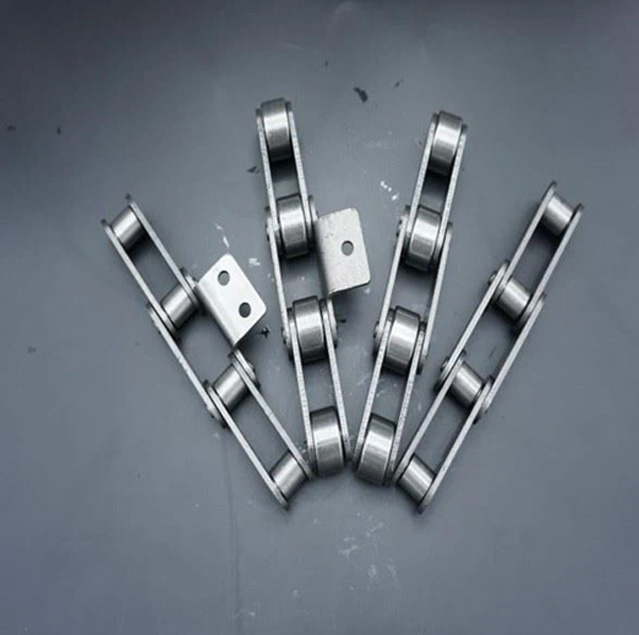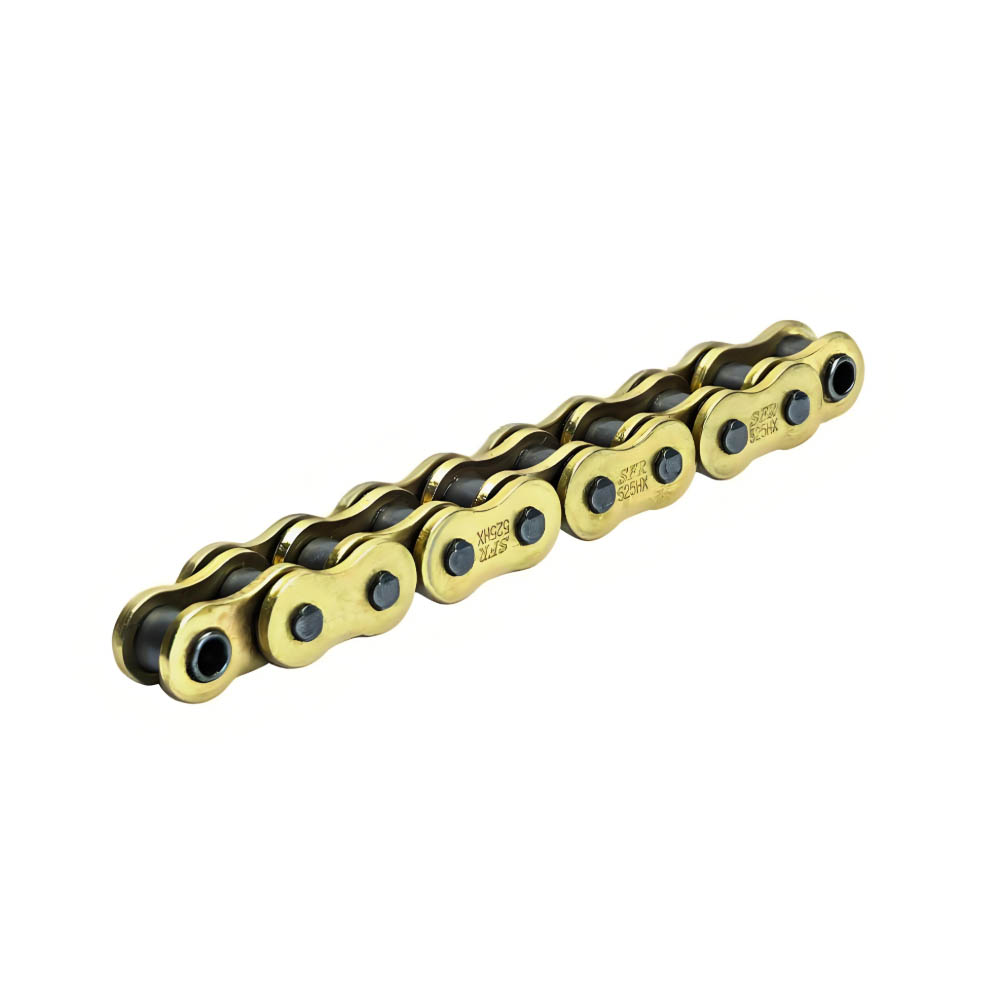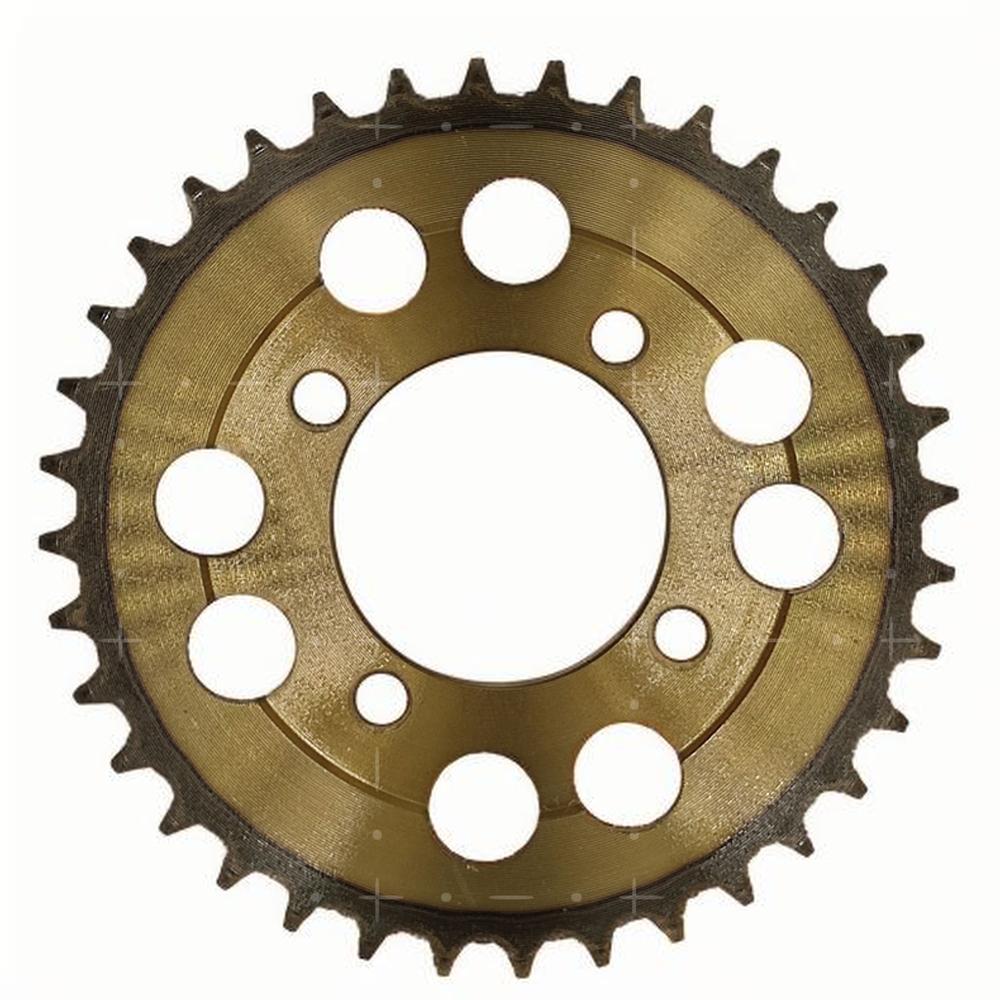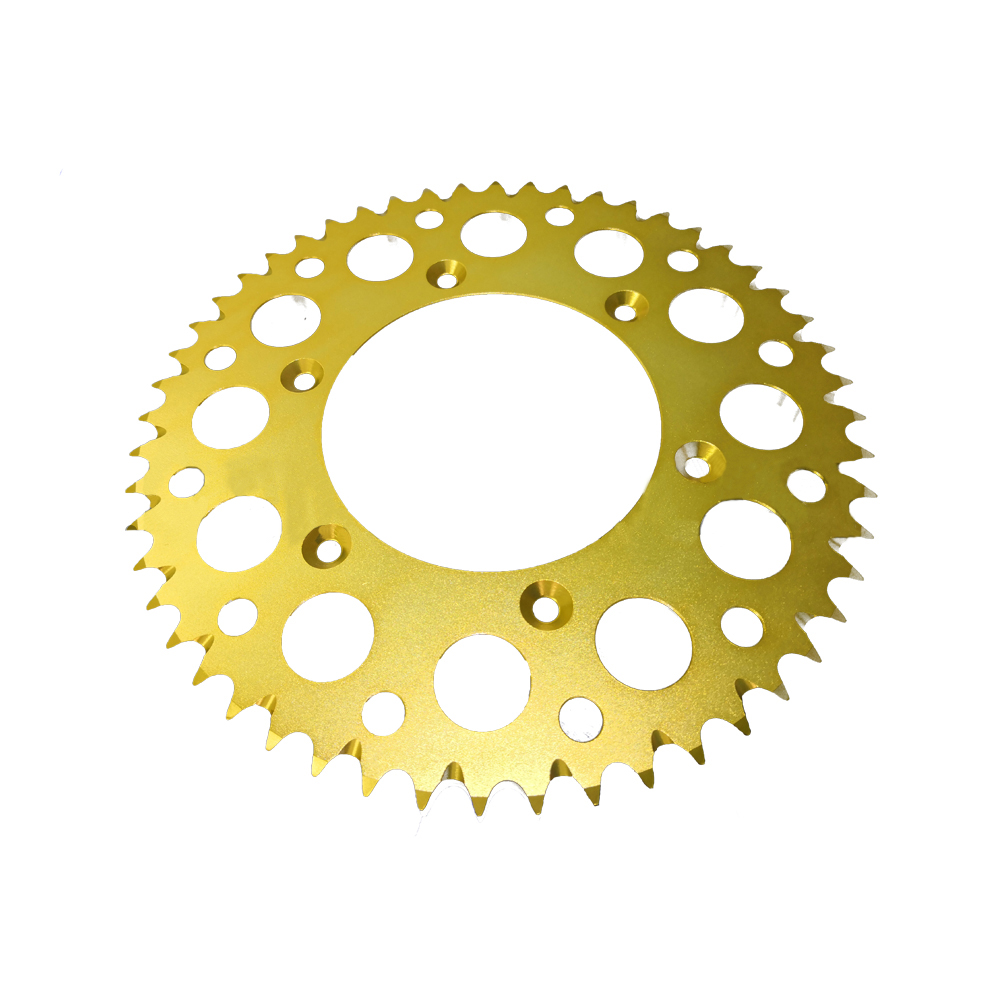
A transmission cogset forms the core of power delivery.
It channels torque from the motor to the back wheel ensuring motion,and opting for the appropriate tooth wheel influences acceleration, top-end velocity, and comfort.
Choose based on riding profile, surface demands and the gear balance you want.Adventurous riders wanting hill power typically opt for enlarged rear cogs to boost torque,to favor higher velocity some riders select a smaller back sprocket for speed.
Understand material options including steel, aluminium and titanium for selection.Each material option influences durability, weight and operational characteristics.
- Use the model service guide to confirm recommended sprocket sizes and parameters.
- Read community forums and buyer reviews to collect practical user experiences.
- Turn to a certified mechanic or specialist for sprocket selection advice.
O-Ring chain systems provide premium longevity and dependable operation

In demanding transmission scenarios O-Ring chains tend to maintain performance longer.They use compressible o-rings seated in link gaps to preserve lubrication,which cuts friction and limits lubricant leakage over time.Therefore O-Ring chains tend to deliver greater lifespan and dependable performance versus simple chains.
- Their strong tensile ratings and impact resilience suit high-load, high-speed use.
- Less audible noise creates a calmer riding environment and smoother drivetrain action.
- Good environmental tolerance enables reliable chain function under severe exposure.
Selecting O-Ring chains secures improved longevity and sustained drivetrain efficiency,proving them suited to tasks that require both accuracy and prolonged service.
Recognizing chain ratio influence guides optimal sprocket selection for goals
The front-to-rear tooth proportion defines how the bike trades torque for speed.A higher gear spread commonly promotes improved maximum velocity and better highway MPG,however that change can reduce low-speed punch and quickness from a stop.Smaller final drive ratios increase acceleration at the cost of ultimate top speed.Pick chain ratios that best suit your riding style, terrain and speed goals.
Thoughtful upkeep of chain and sprockets supports dependable long-term operation

Letting the drivetrain go unmaintained frequently causes severe wear and repair costs.Regular checks for stretch, corrosion and other wear signs are vital.
Apply chain lube according to the manufacturer's directions using the correct lube.
Correct tensioning avoids slipping and reduces undue load on drivetrain parts.A loose chain risks skipping and sprocket damage while an overly tight chain stresses bearings.Refer to the official service specifications for acceptable tension and adjust the chain.
Renew sprockets showing deformed or pitted teeth to keep the chain running properly.
Indicators of worn drivetrain parts include too much slack, poor shifting and damaged links.
Over-large slack levels can provoke misalignment and skipping, increasing wear rates.
- Hard or sticky gear transitions suggest link damage or contamination requiring service.
- Detect link stretch, deformation or broken pins and plan for chain and sprocket renewal.
- A chain that does not roll freely but intermittently grabs or binds should be examined.

If such symptoms surface, replace the chain and sprockets promptly to limit collateral damage.
Appropriate chain lube use substantially enhances durability and riding smoothness
Repeated link interaction creates wear that proper lubrication helps prevent.Select the right product for your riding environment and spread it across the full chain length.
- Perform regular inspections to watch for wear and confirm lubrication is sufficient.
- Pick a chain lube designed for wet, dry or mixed conditions you encounter.
- Spread lubricant across all chain links to guarantee comprehensive coverage.
Installing a new motorcycle chain requires preparation, correct tools and careful steps
Open the manufacturer's guide for the installation checklist and torque recommendations.After that assemble a chain breaker tool, master link pliers and a torque wrench Loosen axle components and separate the master link to remove the previous chain.Lay the new chain through the drivetrain ensuring it lines up with sprocket teeth.Remove surplus links with the breaker, connect the master link and secure axle torque.Once fitted go for a test ride to verify smoothness and proper chain adjustment.
- To complete installation confirm the chain slack lies in the manufacturer's specified range.
- Fine-tune tension with the axle adjusters until the chain has appropriate play.

Upon completion, go for a test ride to verify the chain runs true and tension holds.
Fine-tuning chain tension unlocks optimal drivetrain efficiency and durability
An overly slack chain increases risk of skipping, harming drivetrain parts and power flow.Too-tight chains exert harmful force on bearings and may cause accelerated wear.
Use the bike's designated tensioning hardware to dial in the proper chain play.
Assess tension manually between the biggest rear cog and the smallest front ring to ensure slight play.Expect a small movement near a quarter to a half inch as normal.
- Keep chain tension checks in your regular maintenance schedule.
- Access the owner manual or expert online instructions to learn exact tension techniques.
Choose sprocket material wisely: steel resists wear; aluminium reduces rotating mass

Steel options deliver excellent wear resistance and handle demanding applications well.Still, steel may make the rotating mass heavier affecting agility.
Lightweight aluminium sprockets help reduce overall rotating mass for better response.Although lighter, aluminium sprockets can exhibit quicker wear when heavily stressed.
Consider load, environment and weight preferences when selecting sprocket material.
Premium chain brands combine material science with precise manufacturing for consistent results
Popular brands DID, RK and EK supply a variety of chains for many riding needs.Different brands provide specialized chains for motocross, road, touring and commuter bikes.
Picking the right chain comes down to how you ride, how you maintain it and what you expect.
Opt for performance-oriented chains and sprockets to maximize bike output
Performance-grade drivetrain parts contribute to sharper acceleration and higher top speed.
- Putting money into premium drivetrain components is key to getting peak performance and riding satisfaction Investing in high-quality chains and sprockets is a decisive step toward maximizing your motorcycle's capability and enjoyment Investing in high-quality chains and sprockets is a decisive step toward maximizing your motorcycle's capability and enjoyment
- Select the setup using chain sealing style, sprocket material and tooth count to match goals.
- Sustain performance by keeping upgraded chains well-lubed and inspected for wear.

Opting for premium chain and sprocket upgrades is a strong approach to maximize performance.
